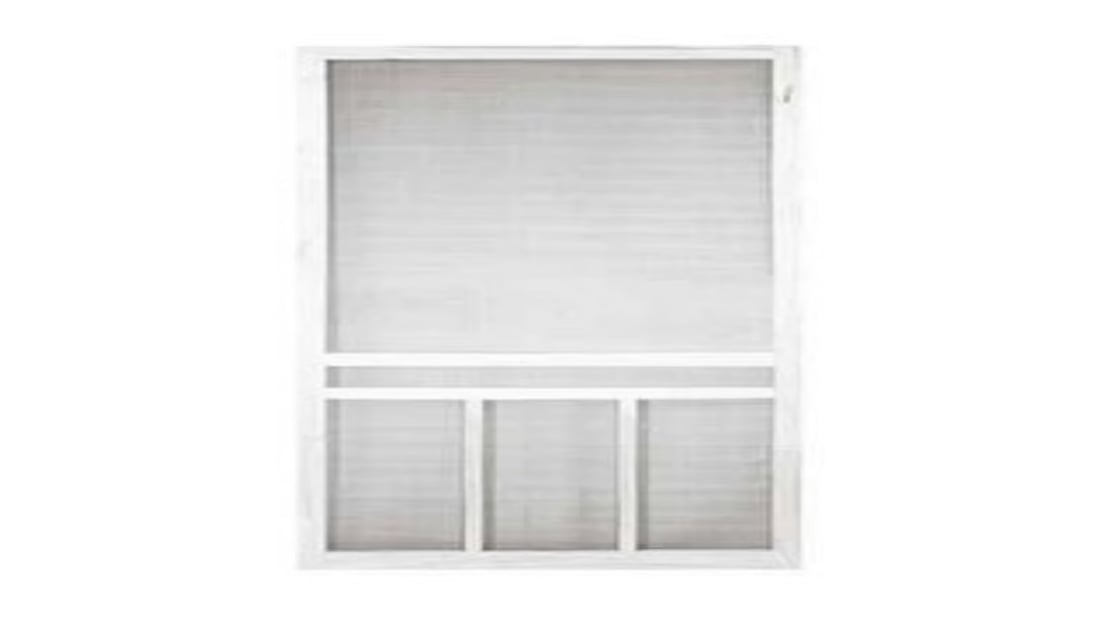1. Benefits of Low-Maintenance Building Materials
Low-maintenance building materials offer numerous benefits for homeowners and builders alike. They require less time and effort to upkeep, which can save money in the long run. Whether it's durable composite decking or fade-resistant vinyl siding, these materials can withstand the elements and retain their appearance for years to come.
2. Sustainability of Low-Maintenance Options
Many low-maintenance building materials are also sustainable choices. Eco-friendly options like recycled plastic lumber or metal roofing made from recycled materials are not only low-maintenance but also reduce the environmental impact of construction projects. By choosing sustainable materials, builders can create more eco-conscious buildings.
3. Longevity and Durability
One of the key advantages of low-maintenance building materials is their longevity and durability. Unlike traditional materials like wood that require frequent staining or sealing, low-maintenance options like fiberglass doors or PVC trim are designed to last without constant maintenance. This can increase the lifespan of the building and reduce the need for repairs over time.
4. Low-Maintenance Options for Exteriors
When it comes to the exterior of a building, low-maintenance options are especially valuable. Fiber cement siding, metal roofing, and composite decking are all excellent choices for reducing maintenance requirements while still achieving a stylish and attractive look. These materials are resistant to rot, pests, and fading, making them ideal for long-lasting curb appeal.
5. Low-Maintenance Solutions for Interiors
In addition to exterior materials, there are also plenty of low-maintenance options for the interior of a building. Laminate flooring, quartz countertops, and ceramic tile are all durable and easy-to-clean choices that can enhance the aesthetic appeal of a space without the need for constant maintenance. These materials are perfect for high-traffic areas where wear and tear are common.
6. Cost-Effectiveness of Low-Maintenance Materials
While low-maintenance building materials may have a slightly higher upfront cost compared to traditional options, they can actually be more cost-effective in the long run. By eliminating the need for regular upkeep and repairs, these materials can save homeowners and builders money over time. This makes them a smart investment for any construction project.
7. Ease of Installation and Repairs
Another advantage of low-maintenance building materials is their ease of installation and repairs. Many of these materials are designed to be lightweight, easy to work with, and simple to maintain. This can save time and labor during the construction process and make any necessary repairs or replacements quick and hassle-free.
8. Low-Maintenance Landscaping Options
In addition to building materials, there are also low-maintenance landscaping options that can enhance the exterior of a building. Drought-resistant plants, artificial turf, and hardscaping materials like gravel or pavers require minimal upkeep and watering, making them ideal for creating a beautiful landscape without the need for constant maintenance.
9. Trends in Low-Maintenance Building Materials
As the demand for low-maintenance solutions continues to grow, manufacturers are constantly innovating to offer new and improved materials. From low-maintenance wood alternatives to energy-efficient windows, there are always new products entering the market that can help simplify construction and reduce maintenance requirements for buildings of all types.
10. Choosing the Right Low-Maintenance Materials for Your Project
When selecting low-maintenance building materials for a project, it's important to consider factors like climate, desired aesthetic, and budget. Consulting with a knowledgeable contractor or designer can help ensure that the materials chosen are the best fit for the specific needs of the project. By carefully selecting low-maintenance options, builders can create durable, sustainable, and visually appealing buildings that require minimal upkeep.

